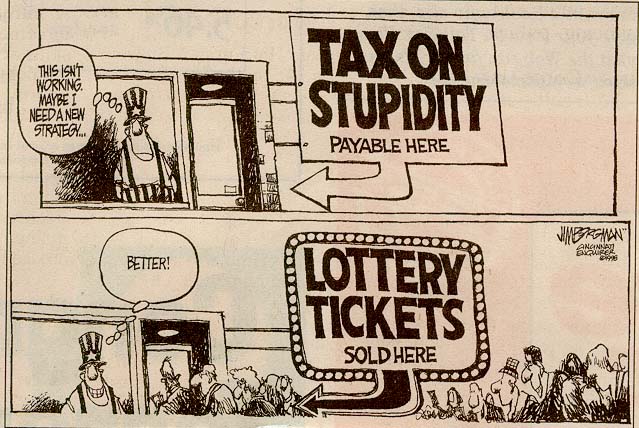Postman’s Amusing Ourselves to Death continues to be prophetic. Back in the 1980s, the scribe argued America’s transition away from a print-based culture and toward an image-based culture was redefining our communication. Our modes of interaction, especially in news, politics, education, and religion, are more suited for amusement than argument, discernment, or reflection. In his extended discussion, Postman notes America, at different points, has been typified by certain cities–perhaps New York City, Chicago, or Washington, D.C.–but the trend now was heavily toward Las Vegas becoming the new urban standard. The Supreme Court’s recent decision to strike down a federal law, the Professional and Amateur Sports Protection Act, which prohibited states from authorizing sports betting, will only accelerate that trend.
If we move past the potential impact on the culture, which I still think is significant, legalized gambling is a complex policy issue. My reflex is fairly libertarian in this area. People are already gambling illegally on sports, so the laws against it are either ineffective or not being enforced. If people want to destroy their lives through their own private behavior, they have the freedom to do so in many ways. In this sense, gambling is not much different from other vices that are currently legal but regulated (like alcohol or cigarettes). Of course, my libertarian streak does not always work well alongside a social welfare system like ours. If we are putting government in the position of last resort for those who are economically disadvantaged, doesn’t it make more sense to allow government to curb conduct most likely to land individuals or families in such circumstances? Courting libertarian notions morally, while fostering social democracy economically feels something like foolishness over the long-term.
Gambling is also different in another way. There is a real potential that gambling interests could corrupt athletic events through coercion. This was precisely the motivation behind Bill Bradley’s sponsorship of the federal law just struck down. Critics, though, would argue those interests already exist in the dark and the corruption, or at least its potential, is already there.
For me, the most objectionable part of the legalization and political regulation of gambling is the incentive attached. If government steps in, which it will, likely at both the federal and state levels, it will attach taxes and fees to gambling. This will open significant streams of revenue for government, and when such streams present themselves, most politicians don’t pause before diving in head-first. This will put government in the twisted position of directly benefitting from what can be very damaging behavior. There will be little incentive to curb gambling, even when the evidence shows, as it inevitably will, gambling most negatively impacts the poorest elements of our society.
Sports betting will be the new lottery. One of my all-time favorite political cartoons, perhaps harshly, attests to this.

Politically, get ready for the promises. Think of any “underfunded” element of government that has broad-based and emotional attachments to it, and it will be dragged into this. Education, health care, and public safety are the most likely candidates. We will be told that IF we pass this law, vote for that amendment, or sign for another referendum, government will FINALLY be in the position to improve education, health care, or public safety.
The political search always seems to be for more revenue as the missing link in our policy problems. “If only government had more money, it could do x, y, or z better.” We rarely consider accountability over for the resources government already possesses. Instead, our politicians, like business leaders, seek more ways to take more money from more people for more activities.
If you know your Steinbeck, I always feel like Lennie to the government’s George. That ranch, and the rabbits that come along with it, are always around the next bend and over the hill after that. “Just think, voters. We’ll get gambling revenue. And then we’ll have free health care, and better education, and more benefits for firemen. And then the rivers will run with soda and we’ll all nibble from the Big Rock Candy Mountains.”
Voters, no matter what you hear, don’t be a Lennie. There are no rabbits.
Since I just scratched the surface, obviously, I am truly curious what our readers and my fellow Bereans think about this ruling and about gambling as a matter of morality and policy. What do you think?
 Bert Wheeler
Bert Wheeler
 Jeff Haymond
Jeff Haymond
 Marc Clauson
Marc Clauson
 Mark Caleb Smith
Mark Caleb Smith
 Tom Mach
Tom Mach